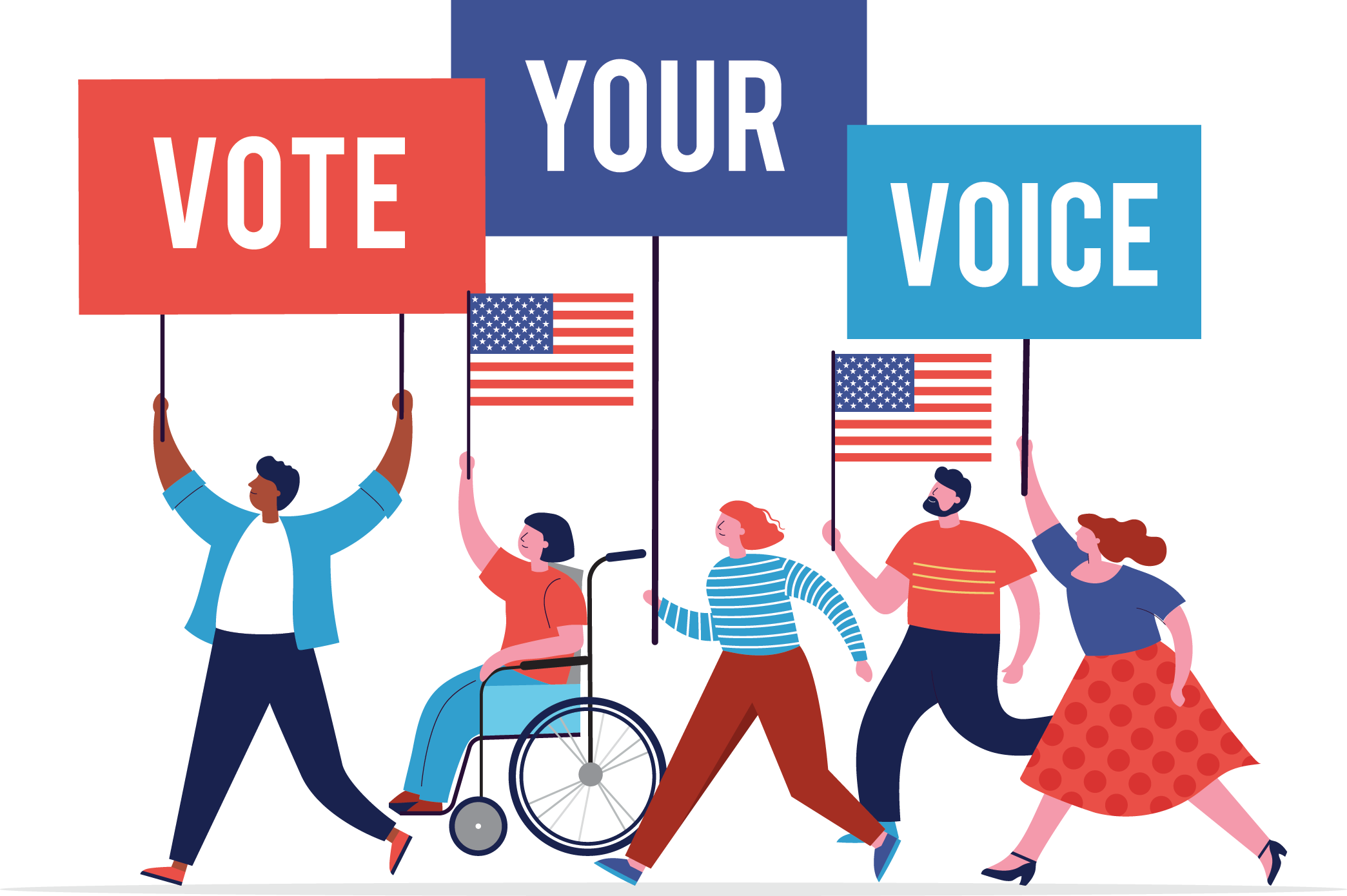(Akiit.com) I’ve spent a lifetime ensuring Black people have unfettered access to the ballot box.
My mom says I was born into it. She brought me to my first protest at just 6 months old, and by the first grade, my classmates and I had organized our first protest. In the fourth grade, I organized my classmates to walk off a school bus after the driver called us the “N” word. At that age, I’m pretty sure I didn’t know exactly what the word meant. But, I knew it was something bad enough to motivate us all to get off the bus and walk a mile and a half to our stop.
My involvement in activism continued throughout high school and college. At the same time, I worked my way from NAACP member, to president of the college division, to working for the National NAACP where I was responsible for the operations and campaigns in nine states and 350 local units passing legislation in the bluest or blue and reddest of red states. Running parallel to this time with the NAACP, I got involved with the Democratic party, building organizations and working to get dozens of young Black candidates elected to public office.

All this background is to say I became an early supporter of the Ranked Choice Voting (RCV), a voting process that allows voters to rank their candidates so that their vote gets included in the final result. With Ranked Choice Voting (RCV) I saw first-hand the equitable impact that it had on my community, the people I care about deeply.
I started running Ranked Choice Voting candidate campaigns in Berkeley and Oakland, again, seeing the impact that it had on maintaining fair representation in communities that were drastically changing.
The D.C. Council is considering the V.O.I.C.E. Act introduced by Council member Henderson and cosponsored by a majority of the Council, which would bring ranked choice voting here to Washington, D.C. More Voice DC is a nonprofit dedicated to expanding the voice of Washingtonians in the political process and making sure that D.C. residents are educated about how to most effectively use their voice. I’m here to lend my expertise to this local grassroots effort. We are committed to the fact that voters have greater say in the electoral process.
D.C. is a city with a rapidly changing population and racial dynamic. I’ve seen this happen in other places like Oakland. Chocolate City is changing, but that doesn’t mean that fair representation has to. With Ranked Choice Voting in Oakland, voters have been able to consolidate Black power and elect Black leaders who speak to the entire population, in a way that hasn’t been seen before in Oakland’s history. The same can be true for D.C. As the demographics continue to change, you can have leadership that represents the heart and soul of the District.
Some longtime D.C. residents worry that change to our system may result in inequitable outcomes, in a city that continues to feel the pain of economic and racial disparities, as well as cultural displacement as a result of gentrification. We hear this concern and are proactively building a local grassroots coalition inclusive of racial, geographic, generational, and ideological differences. Ranked Choice Voting will empower communities of color to vote freely for candidates who are dedicated to racial equity, cultural preservation, housing justice, and community safety without worrying about strategic voting or splitting the vote.
We believe ranking the vote is just a step in strengthening our democracy. Ranked Choice Voting creates a fairer system that begins a conversation about how power works in our democracy and the District — especially as we move closer to D.C. statehood. We need to reevaluate the ways our system works and how to make our democracy deeply meaningful.
Who we elect as leaders determines our livelihoods, from how the budget is allocated to who has access to resources. One of the reasons we have so many societal issues is because, under our current system, leaders do not have to be responsive to the needs of the majority of the people. Ranked choice voting ensures a fair and majority election outcome to equitably represent voters and address the needs of their communities. The More Voice DC coalition is also working in solidarity with Mutual Aids and community-focused groups because we believe systemic change happens by reforming democracy and meeting people’s basic needs.
We’ve come far, but we have a long way to go. The fact that the Senate cannot agree that communities of color have the right to vote without restrictions shows how much further we have to go. Please stay connected with us for updates at www.morevoice.org and on Facebook and Twitter.
Columnist; Sean Dugar
Official website; https://twitter.com/seandugar









Leave a Reply